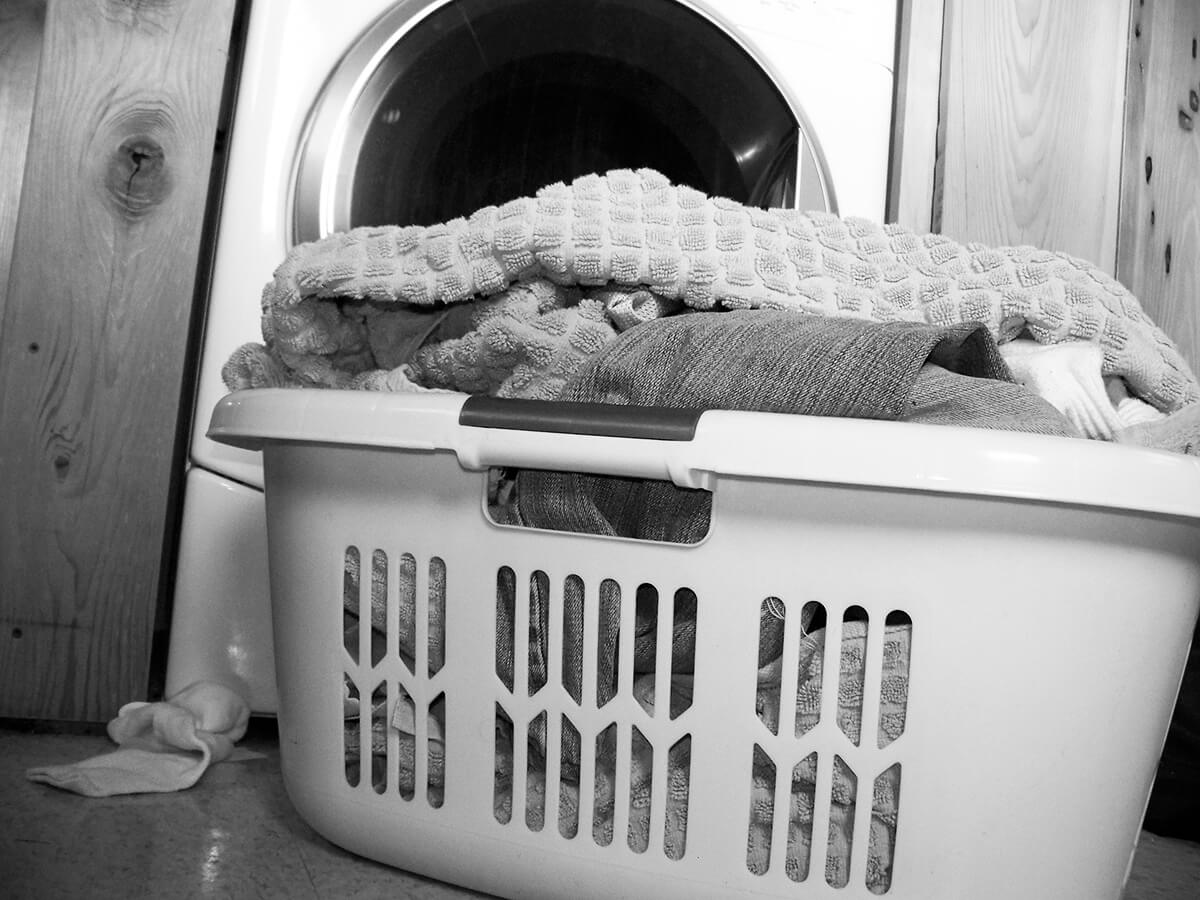Caregiving Basics
In any caregiving situation, there are four basic guidelines
to help ensure that you offer loved ones
the attention and support that they need.

PRAY
Whether before, during or after a caregiving experience, prayer helps ensure that our caregiving reflects the heart of God. In praying before we offer care, we acknowledge our reliance on God’s strength and healing. Prayer in the midst of care directly communicates our support for our friend, reminding them of the comforting power of the Holy Spirit (remember: ask permission to pray with a friend as well as what their prayer requests are). Following up your care with a commitment to continue praying offers additional encouragement and support for the one in need.
LISTEN
Compassionate empathetic listening is a caregiving guideline that is often taken for granted or overlooked, but it’s often the most powerful way you can help a person who is suffering. To listen well you must offer your complete, undistracted attention. You must also commit to hearing more than speaking, resisting the urge to give advice or tell your own story. When you respond, acknowledge the person’s pain and ask clarifying questions. You may also encourage them to name their own feelings, struggles and thoughts.


RESPECT THE GRIEF JOURNEY
Grief is a normal and natural journey by which a person makes a healthy adjustment to any significant loss in his or her life. Anticipating and accepting the emotions a grieving person experiences will let them know you are open and kind, offering room for them to process and feel what is happening for them in healthy ways. Emotions you may observe in a grieving friend include shock, denial, depression, anger, fear and bargaining. As you welcome and listen to these emotions without managing them or offering tips and advice, you help a grieving person journey towards acceptance. Remember: stay present and gracious as you engage the wounded’s grief.
PRESERVE THE DIGNITY
“Human dignity” can be defined as one’s self-worth. Our caregiving should not diminish a person’s feelings of self-worth/self-respect. Whether we care for a co-worker who is going through a divorce, a friend who has cancer, or for a spouse or parent–we need to remember that the person is first of all a child created by God. So engage their thoughts, feelings, struggles and dreams in light of that truth. When you wonder how to respond, ask yourself what you would want done to you in that same situation.

Explore Articles on Caregiving Basics

I Will Go With You
How can we care for a person with cancer or other serious illnesses? I was overwhelmed with having to do this by myself. Grace Butler is a colon cancer survivor. She says that one of the most...

Chicken Soup Recipe
Julie’s Chicken Soup Cook whole chicken fryer for 2 hours (put salt and chicken bouillon in water - bring to boil then turn down) 1/2 package of celery (chopped) and carrots (chopped) - I usually...

Meals. Maid Service. Techy Stuff.
If a group of friends or a church family want to be helpful and caring to a person who is homebound for a few weeks or long-term, the following three services will be greatly appreciated and...

Take Care of the Caregiver
After a boating accident, Jim spent many days in the hospital. One day his wife said to me, “Jim daily receives many cards, gift cards, visits and other gestures that say, ‘We care about you, Jim!’...

Create a Sports Basket
I asked two Sport Enthusiasts (another word for Sports Nuts), if they were home-bound or in the hospital, what would they like to see in a Sports Basket? Here are 12 ideas for what to put into a...

Make Your Offer Specific
Do you ever say to a suffering friend, “Call me anytime if I can help you in any way.” As a caregiver, you may think that you have just been very helpful and gracious. However, chances are great...
